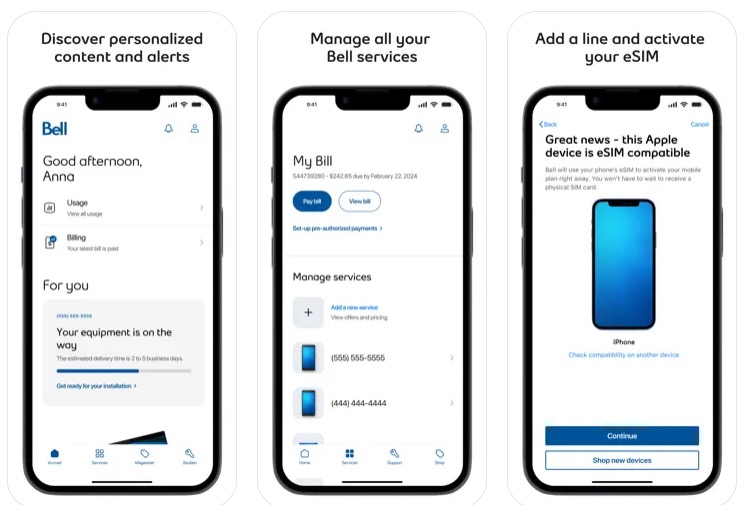
Quebecor Accuses Bell, Telus of ‘Dragging their Feet’ to Stop Competition
Pierre Karl Péladeau, CEO of Quebec-based telecom Quebecor, has claimed that Bell and Telus are stalling negotiations that would allow his company to access their wireless networks, reports The Globe and Mail.
This follows a recent rule by the Canadian Radio-television and Telecommunication Commission (CRTC) requiring large telecom companies to sell network access to regional competitors.
The CRTC expects these deals to be finalized within 90 days, enabling regional competitors to offer new plans soon after. Despite this, Péladeau alleges that Bell and Telus are using delay tactics to hinder competition. He has expressed hope that the new CRTC chairperson, Vicky Eatrides, will put a stop to these apparent stall tactics.
“They have been dragging their feet for years in order to stifle competition,” Mr. Péladeau said during the company’s annual shareholder meeting on Thursday.
If no agreements are reached, final arbitration will be available between all parties.
In response, both Bell and Telus have refuted these claims, stating that negotiations are ongoing but providing no further details due to CRTC policies. Bell blasted the claims saying they were “without merit”.
Despite these negotiations, Quebecor reported a 2.5% increase in revenue from last year’s first quarter, reaching $1.12 billion. However, their profit decreased slightly due to various costs and losses.
Last month, Quebecor acquired Freedom Mobile from Shaw, a side deal from the Rogers-Shaw merger to appease regulators. To meet government promises, Quebecor will need to quickly roll out 5G wireless services at lower prices than the major carriers, Bell, Telus, and Rogers.
We’ve recently seen some movement in flanker brand pricing, as Freedom Mobile debuted a $39/20GB plan that was quickly matched by Fido (Rogers), Koodo (Telus) and Virgin Plus (Bell). Maybe we’re starting to see some tit-for-tat price wars thanks to Quebecor?
Similarly, Cogeco is negotiating network access agreements as well, as part of the CRTC’s plan to allow mobile virtual network operators (MVNO), but only for established players that have purchased spectrum and have existing facilities set up. This limitation means pure MVNOs such as Mint Mobile in the U.S. won’t ever be coming to Canada, therefore allowing big telecom to remain in control.


